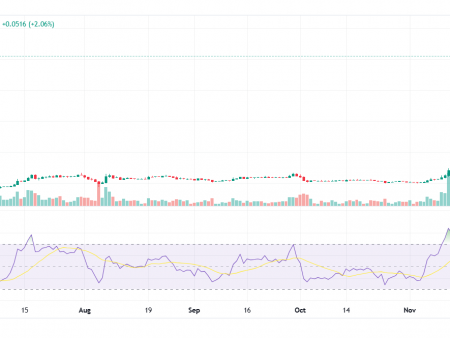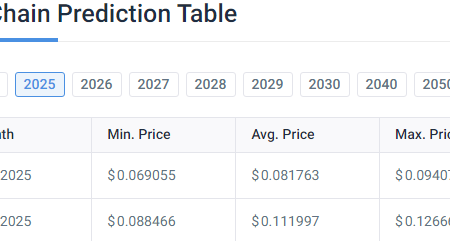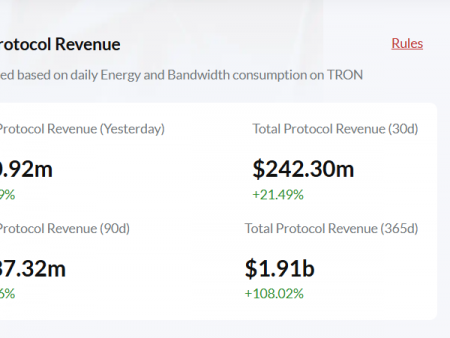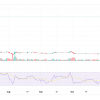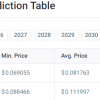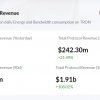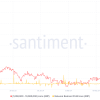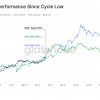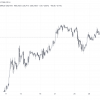Key points:
- Circle plans to launch EURC, a euro-backed stablecoin, on the Layer 2 Base network, aiming to bring compliance and trust to the digital euro.
- Circle EURC and USDC stablecoins are the first stablecoins on Base to comply with the new MiCA regulations.
- Amid regulatory changes, exchanges are adapting to MiCA by delisting euro-denominated stablecoins, while Tether is expressing reluctance to comply.
Circle, a major player in the digital currency industry, has announced the imminent launch of its euro-backed stablecoin EURC on the Layer 2 Base network.
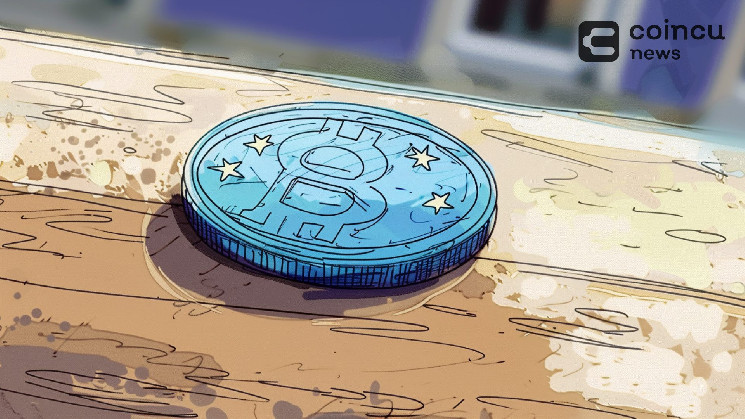
Circle Stablecoin EURC is the next stablecoin after USDC to be launched on Base
The move marks a significant step in the digital asset economy, bringing the trust and compliance associated with Circle’s offerings to the on-chain equivalent of euros. Circle’s EURC stablecoin joins USDC, the largest stablecoin on Base, which boasts more than $3 billion in circulation as of July 9.
The euro is currently the third-largest fiat currency in the world, representing a significant growth opportunity in the digital space. Both Circle EURC and USDC stablecoins are compliant with the new Markets in Crypto Assets (MiCA) regulations, making them the first stablecoins on Base from a global issuer to meet these strict standards.
Regulatory Changes Cause Exchange Adjustments, Tether Controversy
Jeremy Allaire, co-founder and CEO of Circle, discussed the future of stablecoins in a recent interview, highlighting the expected increase in competition as the EU regulatory framework tightens. He highlighted the company’s commitment to compliance as a competitive advantage, noting that Circle recently received an Electronic Money Institution (EMI) license. The license, required under MiCA, allows Circle to offer euro- and dollar-pegged tokens in the EU.
Circle’s compliance with MiCA has allowed it to directly issue both USDC and EURC to European customers since July 1. This new development allows banks and electronic money institutions (EMIs) to integrate euro stablecoins into their services.
The announcement comes amid a broader industry adjustment to comply with MiCA regulations. Several crypto exchanges, including Bitstamp, Binance, Kraken, OKX, and Uphold, have delisted euro-denominated stablecoins like Euro Tether (EURT) to comply with MiCA.
Tether, the issuer of USDT, has expressed no intention of complying with MiCA, citing concerns about the requirement to hold 60% of reserves in bank cash, which they believe creates the risk of bank failure.
